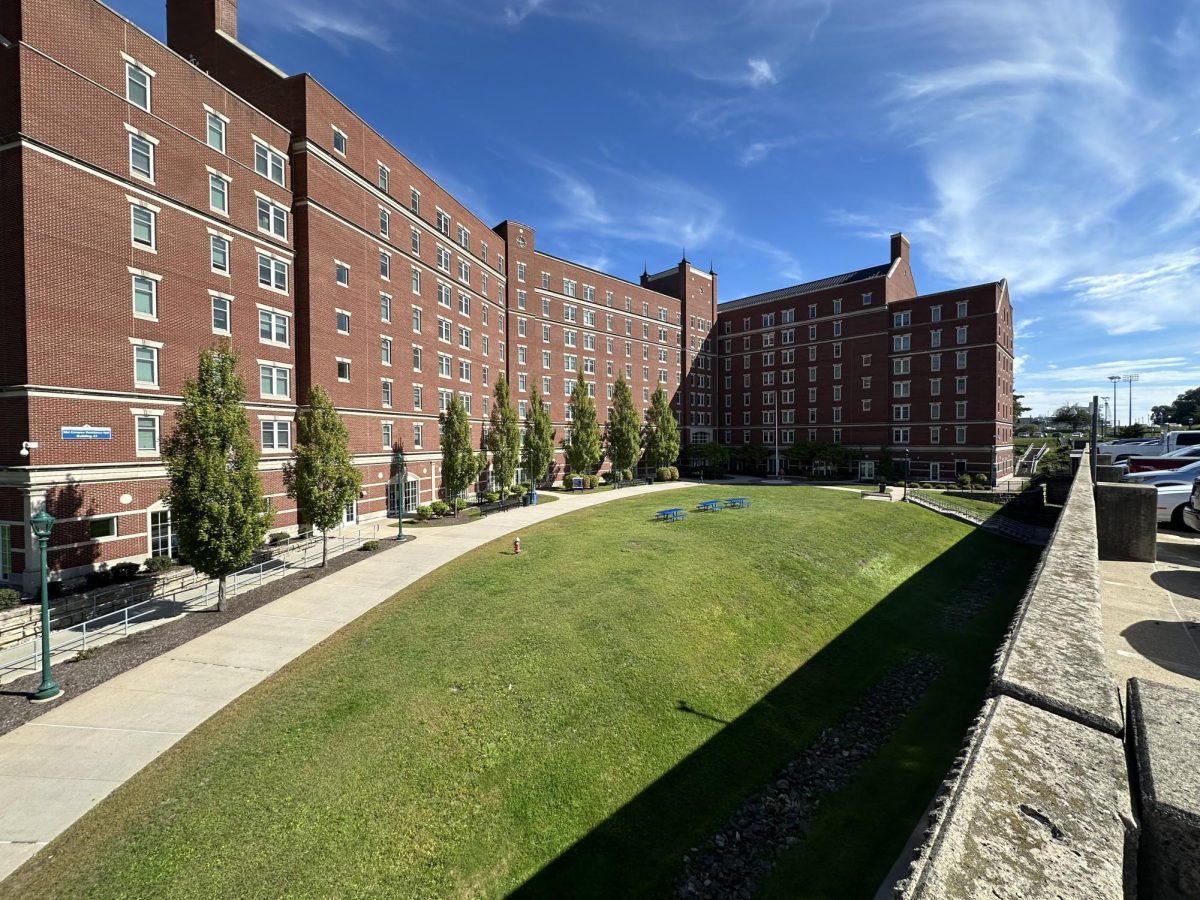By Matt Clyburn
After 17 town hall meetings with the public and weeks of negotiations in Hartford, Governor Dannel Malloy reached a $40.2 billion budget deal last Wednesday with Democratic leaders in the Connecticut General Assembly.
The deal will raise taxes on income, retail sales, corporations, gasoline, alcohol, cigarettes and inheritance. Though the plan excludes proposals to raise various sales taxes and impose taxes on haircuts and car washes, the state plans to raise nearly $10 million in a new “Amazon Tax” that levies a tax on purchases made over the Internet.
The budget agreement succeeded in raising the tax on retail sales, including shoes and clothing under $50, from 6 percent to 6.35 percent. The new tax rate will also apply to over-the-counter drugs, cosmetic surgery, pet grooming, limousine rides, valet parking at Bradley International Airport, manicures and pedicures. Gasoline and diesel fuel taxes will be increased by three cents per gallon.
Democrats rejected Malloy’s proposal to eliminate the annual “sales-tax-free week” in August meant to ease the tax burden on families with students returning to school. Car sales over $50,000 and jewelry sales more than $5,000 will be subject to a higher seven percent sales tax.
Malloy’s original proposal would have charged the 6.35 percent rate on the first $50,000 of a vehicle purchase and seven percent on the amount exceeding that level. Now, a car retailing at $50,000 would cost $53,500 after taxes.
Deal-hunting shoppers were concerned about a proposal that would have charged sales tax on the full value of an item discounted by coupons. Under the proposal, a coupon applying a 10 percent discount to a $100 item would still be charged $6.35 in taxes, rather than $5.72 on the discounted $90 total. The deal reached Wednesday will avoid the coupon tax.
Many Republicans criticized the plan for raising taxes during a down economy, but were hopeful that the governor would be able to strike a deal for $2 billion in concessions with state workers. Democrats have been in negotiations with the state employee unions for several weeks but no deal has been reached.
“We are willing to work with all representatives of good intentions to resolve the state’s problems – Republicans and Democrats,” Malloy said in a recent statement.
Malloy said that he listened to Republicans and members of the public in improving the budget he presented in February.
“[The budget] asks more of our wealthiest residents who can afford it, it softens the tax burden on the middle class, while maintaining funding for schools,” said Democratic leader Rep. Chris Donovan in a statement at the capitol Wednesday.
Republican State Sen. John McKinney was not as enthusiastic, saying that a $2 billion hole in the budget left by the assumed savings from state employees might be unconstitutional.
“If they want to pass a budget and the governor wants to sign a budget prior to getting concessions, what happens if those concessions don’t come?” McKinney said.
“We are pleased to see that the budget has seen some improvements, such as asking the very rich to pay more of their share, as opposed to other ideas, like eliminating the property tax credit, that further hurt struggling working and middle class families,” said the State Employee Bargaining Agent Coalition (SEBAC) in a statement.
“We will continue our discussions with the governor to see if common ground can be found between him and those struggling middle class families who happen to work for the state,” SEBAC said.
The budget and appropriations committees passed the budget deal on Thursday and Malloy asked the General Assembly to vote on the agreement as soon as possible.
“I want a vote as soon as we can get it,” Malloy said in a statement Monday. “If as soon as we get it is tomorrow, I’ll take it…if the soonest we can get it is next week, I’ll take that. One way or another, we need a vote.”

